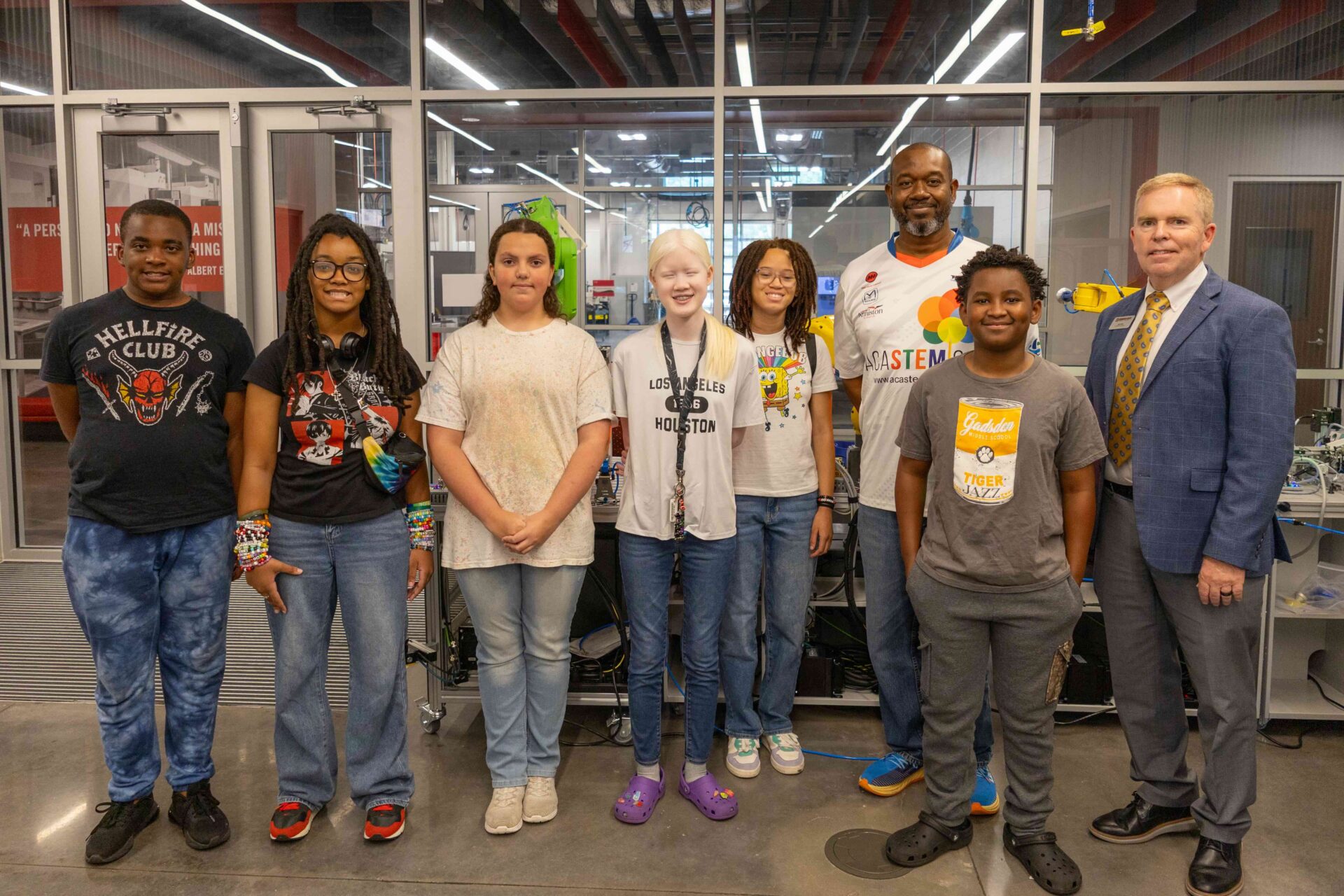 ABC News.(NEW YORK) — In the wake of sexual misconduct scandals and the #MeToo movement that have rocked the nation in recent months, some parents are talking about how to raise boys to become men who treat women with respect.
ABC News.(NEW YORK) — In the wake of sexual misconduct scandals and the #MeToo movement that have rocked the nation in recent months, some parents are talking about how to raise boys to become men who treat women with respect.
“Good Morning America” is speaking with boys, parents and experts on how to raise men who not only don’t harass women but who treat women as equals.
ABC News’ Paula Faris sat down with a group of six boys, aged 12 through 16, in the Denver area to explore their views about relationships with girls at a time when many are having their first experiences of dating.
Unbeknownst to the boys, their parents listened in while they spoke with Faris about everything from romance to consent.
When asked how many of them had “crushes,” five of the six boys, who we agreed to identify only by their first names, raised their hands. Mason, 14, even said he had a girlfriend.
While some said they had told their parents about their crushes, most said they did not talk to their parents about relationships.
“No, try to keep it, like, on the down low,” Sebastian, 15 said. Adam, 16, agreed, saying, “You’ve got to keep them out of your business, you know?”
Dr. Stephanie Dowd, a clinical psychologist from the Child Mind Institute in New York City, listened in on the boys’ responses. She told ABC News that parents should proactively initiate a conversation with their sons on what a healthy relationship looks like, especially as they begin to develop an interest in dating.
“Having a healthy romantic relationship really requires both partners to have empathy,” Dowd added. “To be able to see if from the other person’s perspective.”
Expand the ‘sex talk’ to include a discussion about emotions and consent
Dowd told ABC News that it is also critical for parents to expand on how they may talk to their children about sex when their sons and daughters begin to date. She said parents should initiate a dialogue with their sons especially about romantic feelings, emotions and consent.
“This is specifically how you ask for consent: ‘Are you OK with this? Does this feel comfortable to you?'” Dowd said. “It’s as simple as that. Parents just need to model that for your kids.”
When Faris asked the group of boys what they thought it meant to have consent, most seemed to understand what it meant.
“Both people that are doing something, want to be doing it,” Mason said.
The boys also responded when Faris gave an example.
“Let’s say you guys are in class and you notice that one of your classmates, a male, puts his hand on one of your female classmates’ legs and doesn’t have permission. Is that OK?” Faris asked, receiving a chorus of “no” from the group.
“That’s sexual harassment,” Adam said. “You can’t do that.”
When asked what it means to “be a man,” most of the boys said they felt that in part it means to hide your emotions.
“You’ve got to be mature, can’t show emotions,” Adam said. “You’ve got to just be, like, manly.”
Dowd said that this understanding of masculinity can become “dangerous” as boys grow older, and it is up to parents to teach their sons that such views of manhood are false.
Copyright © 2017, ABC Radio. All rights reserved.




